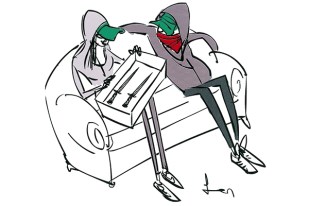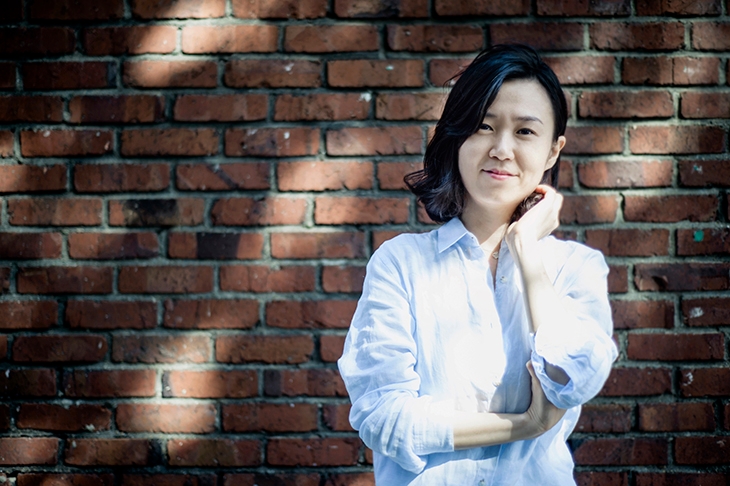‘Buy pink baby clothes,’ Kim Jiyoung, the protagonist of this bestselling South Korean novel is told at the obstetrician’s surgery. Jiyoung’s mother responds: ‘It’s okay, the next one will be a boy.’ There are multiple births in this book. Births of girls are always met with disappointment, while those of sons are celebrated. When Jiyoung is born in 1982, ‘abortion for medical problems had been legal for ten years … aborting females was common practice as if “daughter” was a medical problem’. Her younger sister is ‘erased’, and erasure is a thread that runs through this novel: the aborting of female foetuses, the silencing of female voices, society’s lack of concern about women’s experiences, about violence against women, about their health, the squeezing of women out of jobs after they give birth and the under-appreciation of childrearing.
Jiyoung quickly learns her place. Her pampered brother is fed before her, as are all the boys in her year at school. Her periods are ‘an irritating, painful, sometimes shameful secret’ — shared with her sister and mother but not with her father or brother. She realises that when girls are groped by men, all they can do is ‘remove themselves from the scene’; her female school friends are rebuked when they take it on themselves to catch a pervert.

And so it goes on. When she gets a job, Jiyoung loses out on a promotion because of her gender; and when, as a mother, she has to quit her career to raise her daughter, she hears male office workers in the park say: ‘I wish I could …bum around and get coffee… mum-roaches got it real cushy.’
Jiyoung’s experiences aren’t extraordinary; they reflect the lot of most Korean — and many non-Korean — women.







Comments
Join the debate for just £1 a month
Be part of the conversation with other Spectator readers by getting your first three months for £3.
UNLOCK ACCESS Just £1 a monthAlready a subscriber? Log in